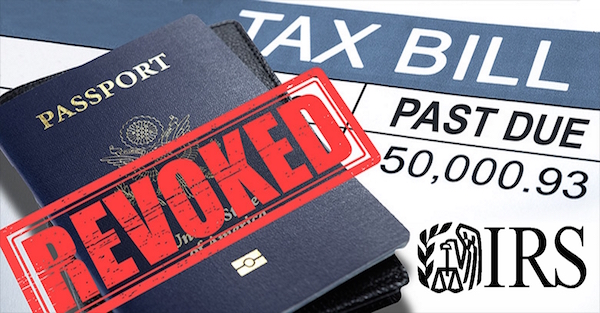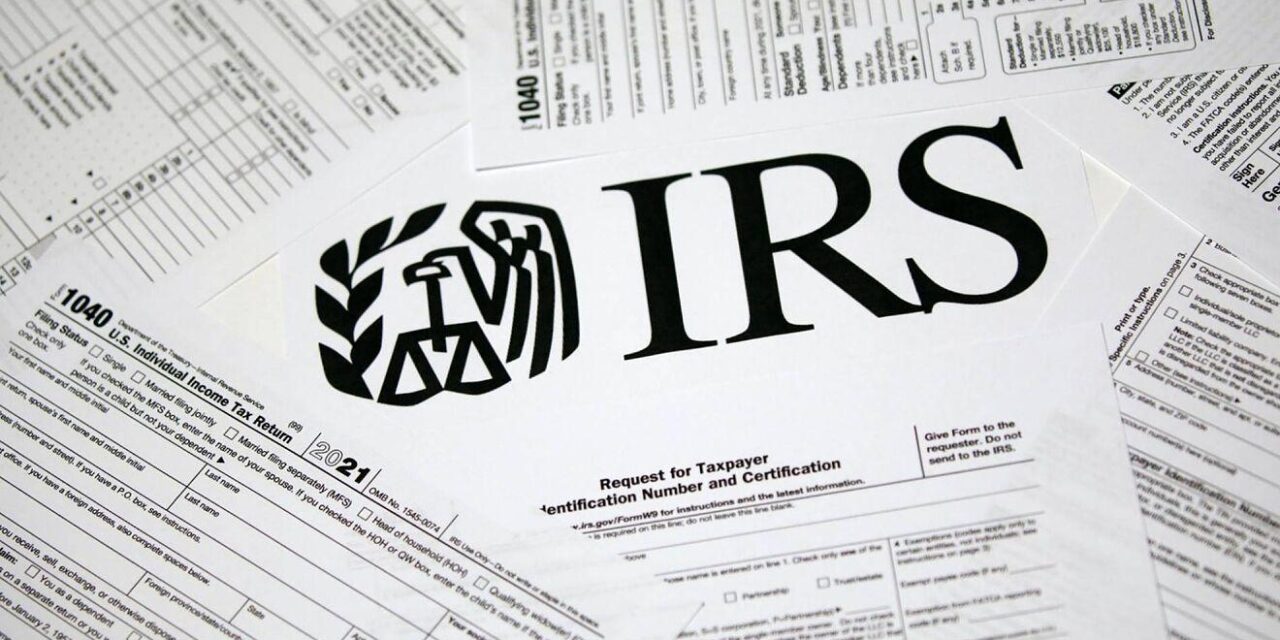Foreign Base Company Income
When a foreign company is owned by a US person or persons, it’s a Controlled Foreign Corporation (CFC) for US tax purposes. Even if a CFC is operated abroad, some types of income will be taxable in the US as earned. The most common category of taxable income in a CFC is Foreign Base Company Income.
A company with Foreign Base Company Income is owned by “US persons” if residents, green card holders, or citizens of the United States own more than 50% of the company. US persons also includes domestic partnerships, domestic corporations, and certain estates and trusts (IRC § 951).
For purposes of determining who is a US shareholder and CFC status, stock owned directly, indirectly, and constructively is taken into account (IRC § 957). These are called the “look through” rules and prevent you from avoiding CFC status by giving shares to family or putting them in offshore structures and trusts.
Being a CFC means that your foreign company needs to consider Subpart F of the US tax code. As a result, certain types of income of this corporation may be taxable as earned in the United States. Conversely, most income that is not Subpart F income can be retained tax deferred in the corporation.
The most common type of Subpart F income is referred to as Foreign Base Company Income. This category includes 4 subcategories:
- Foreign personal holding company income;
- Foreign Base company sales income;
- Foreign base company service income;
- Foreign base company oil-related income.
Foreign base company taxable income consists of the sum of these 4 types of profits earned in a foreign corporation which is owned or controlled by US persons.
I will consider foreign personal holding company income and foreign base company services income here, as those are the categories relevant to my clients. For sales income, you might review IRC § 954(a)(2). For oil-related income, see IRC § 954(a)(5) or contact Secretary of State Rex Tillerson, ℅ US State Department.
Foreign Personal Holding Company Income
Foreign personal holding company income is basically your net passive income earned in a CFC. It’s “net” after foreign taxes paid (subject to treaties), your basis, and allowed expenses. Foreign personal holding company income typically includes the following:
- Dividends, interest, royalties, rents, and annuities;
- Net gains from certain property transactions;
- Net gains from certain commodities transactions;
- Certain foreign currency gains;
- Income equivalent to interest;
- Income from notional principal contracts;
- Certain payments in lieu of dividends; and
- Amounts received under certain personal service contracts.
The purpose of the personal holding company income rules as to prevent US persons from deferring tax on passive income on portfolio type investments. An active business can defer foreign source income, but an individual can’t typically structure their passive investments offshore and receive the same benefit.
Foreign Base Company Service Income
Foreign base company service rules target service income earned abroad from related companies in the United States. This is usually income earned from the performance of technical, managerial, engineering, architectural, scientific, skilled, industrial, commercial, or other services.
Income earned by a CFC is considered foreign base company service income only if it meets all three of the following criteria:
- The income is earned in connection with the performance by the CFC of certain specified services;
- The services are performed by the CFC for, or on behalf of, a related person; and
- The services are performed outside of the country in which the CFC is incorporated.
This all means that, when a CFC performs services for a related party through a branch established outside of its country of incorporation, it may incur “foreign base company services income” that may be currently included in its US shareholder’s gross income under Section 951.
Services will be considered performed wherever the worker performs their duties. If you’re a consultant flying from country to country performing a technical task, you probably have foreign base company service income.
Likewise, if you’re a technical professional working in Mexico and operating your business through a Panama corporation to save on Mexican taxes, you probably have foreign base company service income issues.
The solution to this for those who do not travel is to incorporate in the country where you’re working. If you want the benefits of a low tax country such as Panama, you need to be living in and working from Panama.
If you do travel, or don’t wish to incorporate in your country of operation, then a foreign corporation owned by US persons may only provide services to unrelated persons. That is, the company should be performing services for customers on behalf of itself and enter into contracts with those customers directly, not through a related party.
As stated above, only services performed for related parties, and services performed outside of your country of incorporation, generates foreign base company service income. Services are performed for or on behalf of a related party in the following situations:
- The related person pays the controlled foreign corporation for the services;
- The related person is or was obligated to perform the services performed by the controlled foreign corporation,
- The performance of the services that were performed by the controlled foreign corporation was a condition or material term of a sale of property by a related person, or
- The related person contributed “substantial assistance” in the performance of the services by the controlled foreign corporation.
If you wish to retain earnings offshore, you must avoid Subpart F, the foreign base company service income and foreign personal holding company issues. The key to a successful offshore plan is to maximize tax deferral in a compliant manner.
I will end by pointing out that foreign base company service income issues are not a concern for small businesses, only those looking to hold retained income offshore. If you’re a small business owner, you live and work abroad, net $100,000 or less, and qualify for the Foreign Earned Income Exclusion, then you don’t need to worry about Base Company isuses.
This is because a small business owner can take out up to $102,100 as salary tax free using the Foreign Earned Income Exclusion. You never want to retain earnings when you can distribute them as earned tax free using the FEIE.
I hope this article on foreign base company income has been helpful. For more information on structuring an active business abroad, please contact us at info@premieroffshore.com or call us at (619) 483-1708.











Leave a Reply
Want to join the discussion?Feel free to contribute!